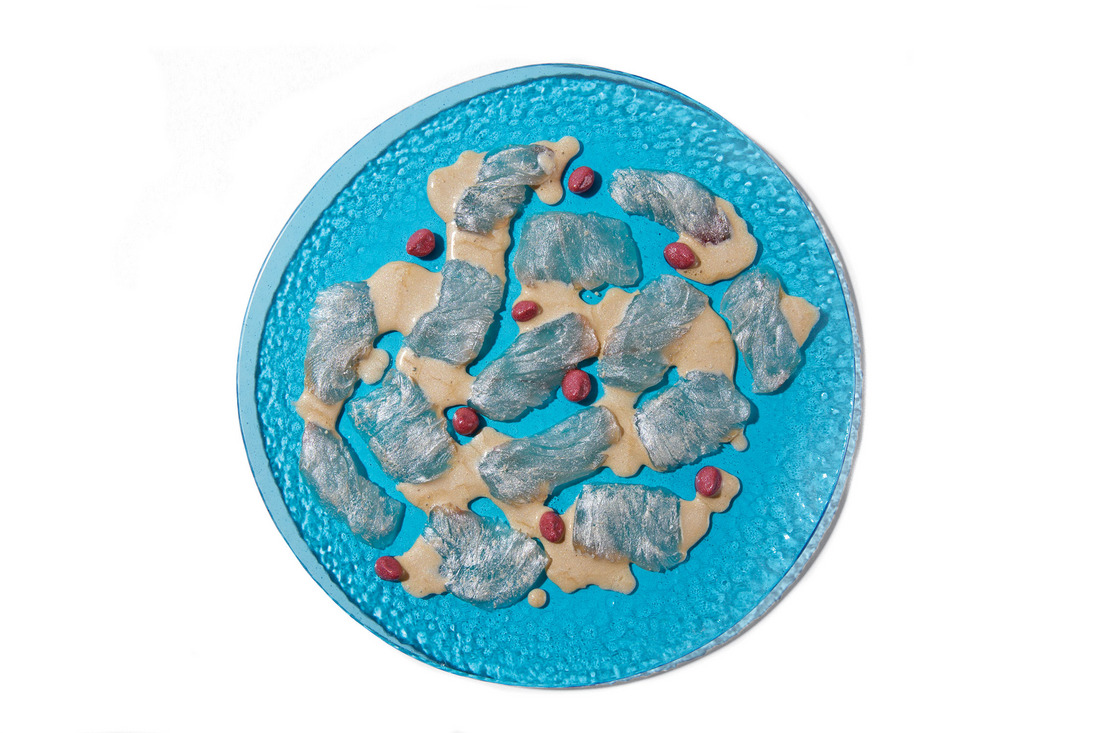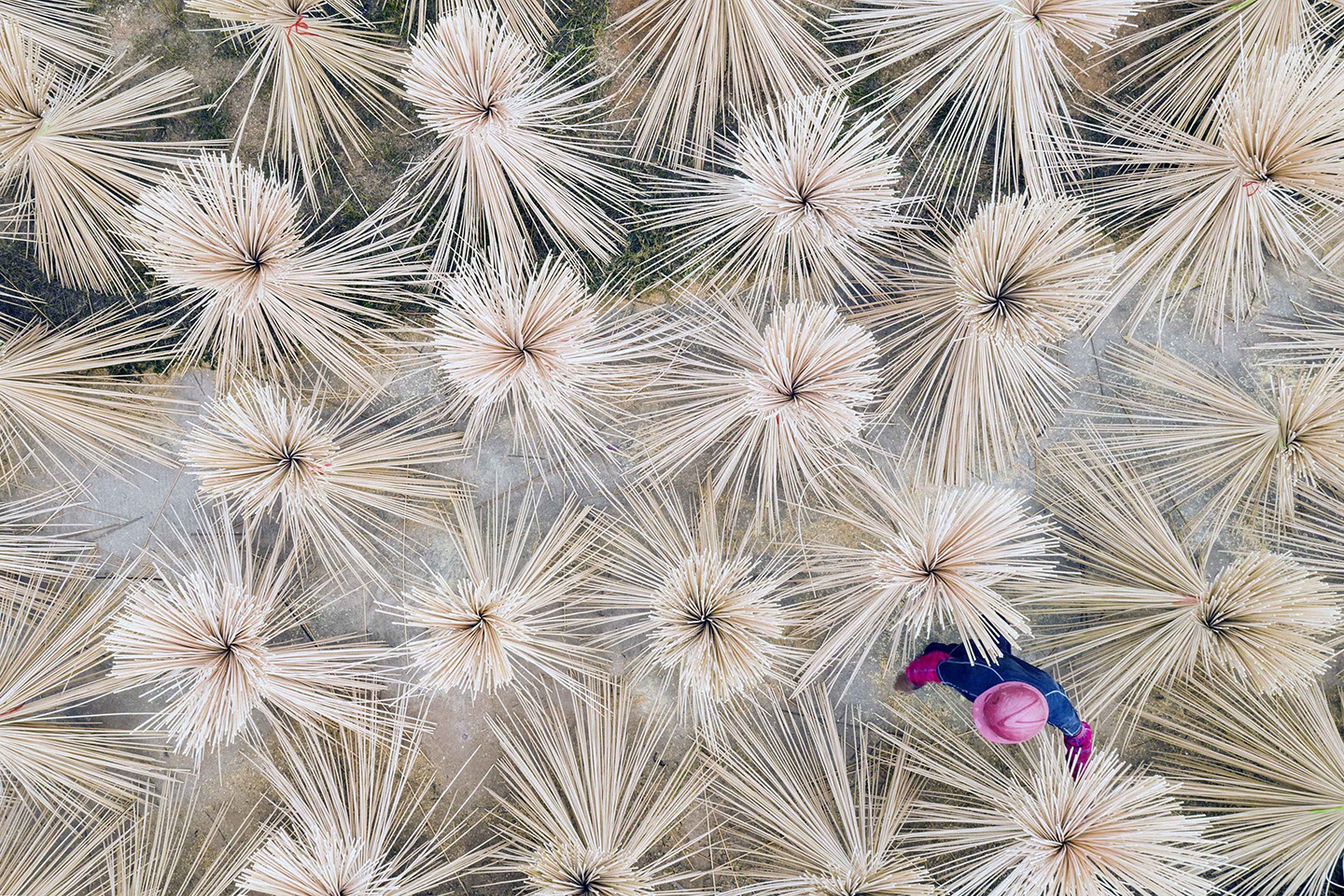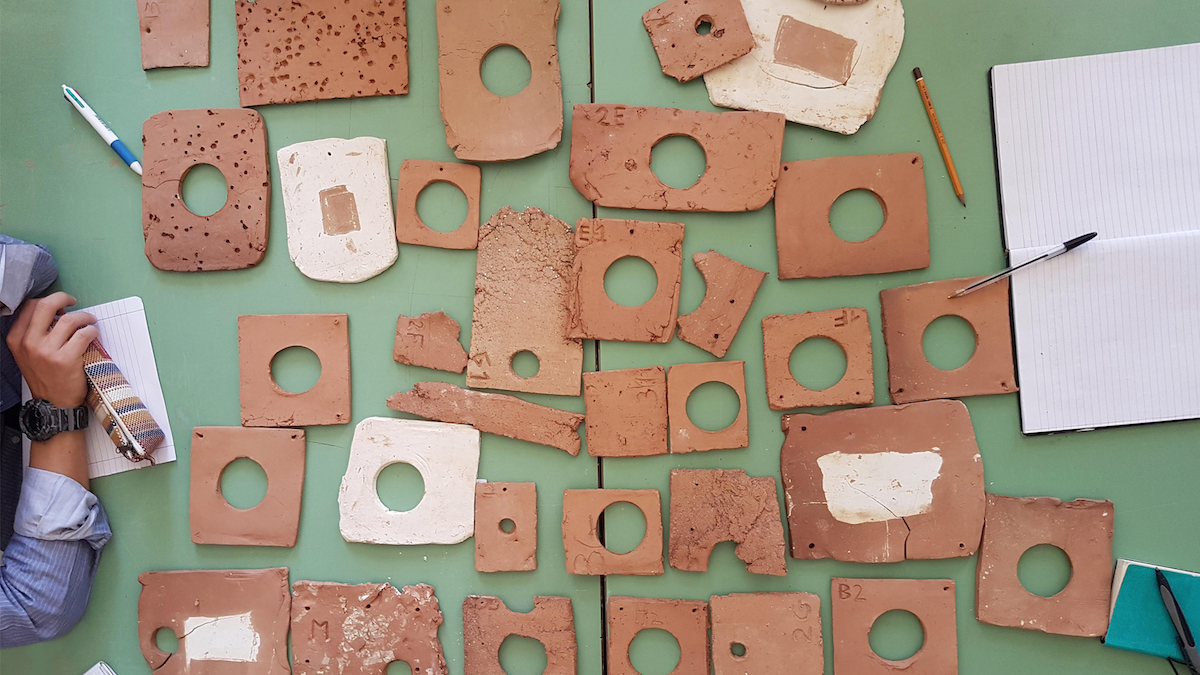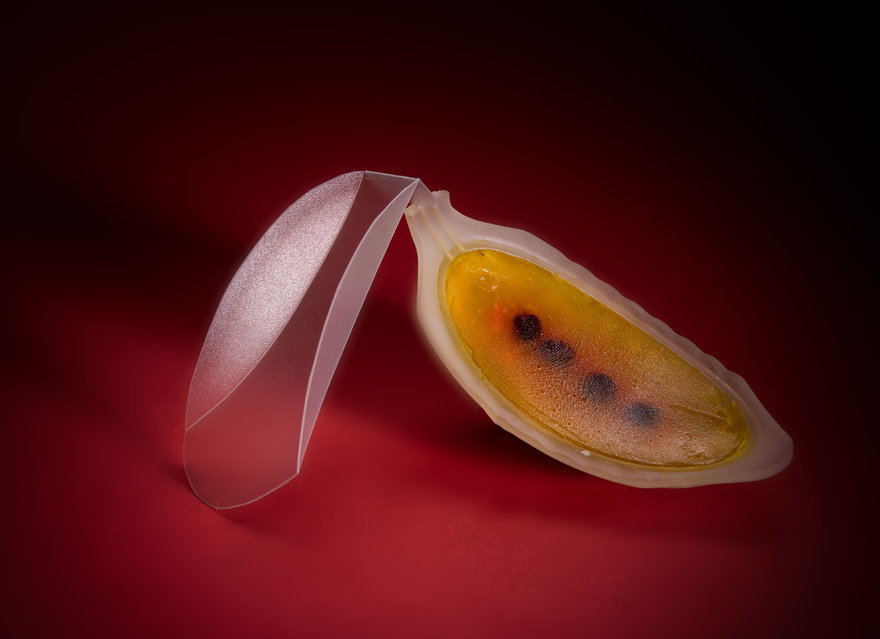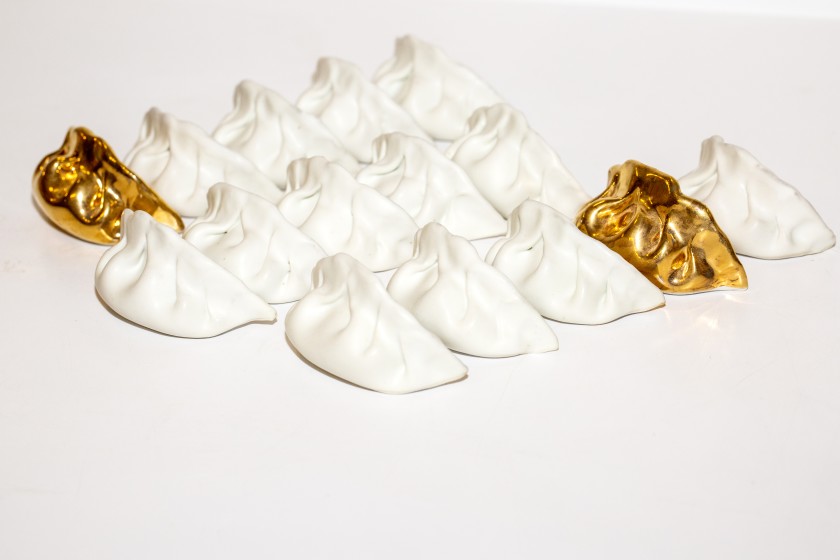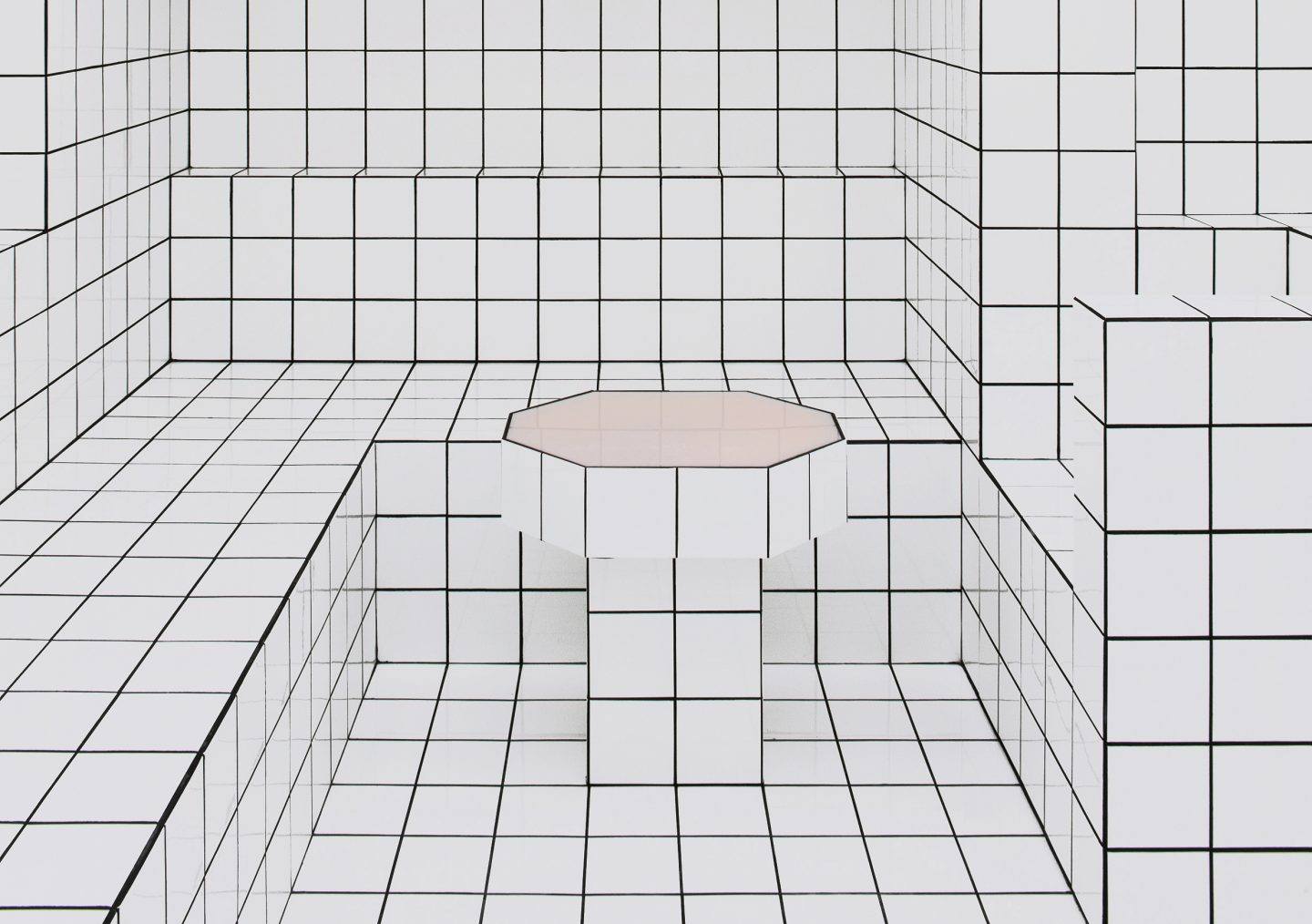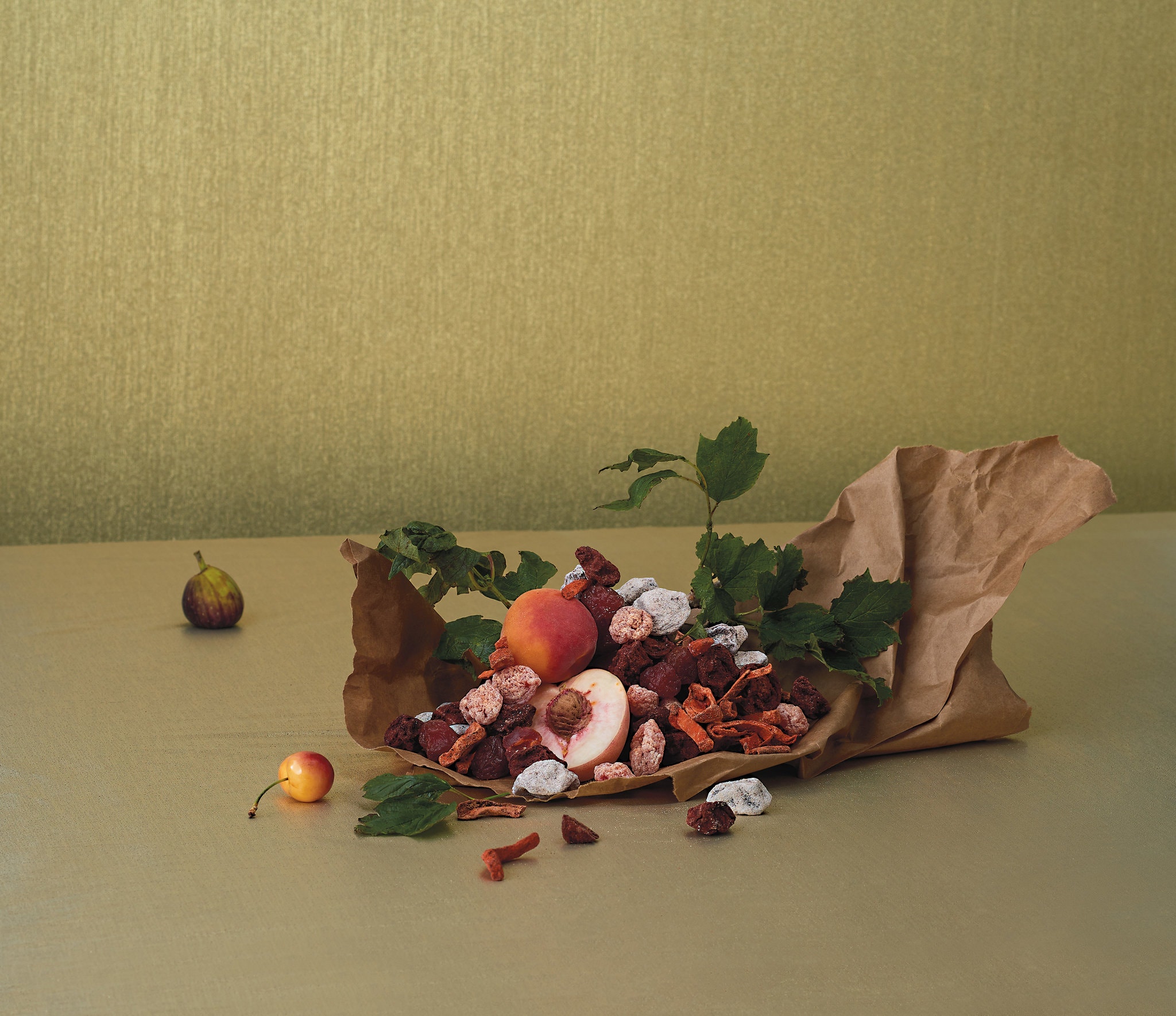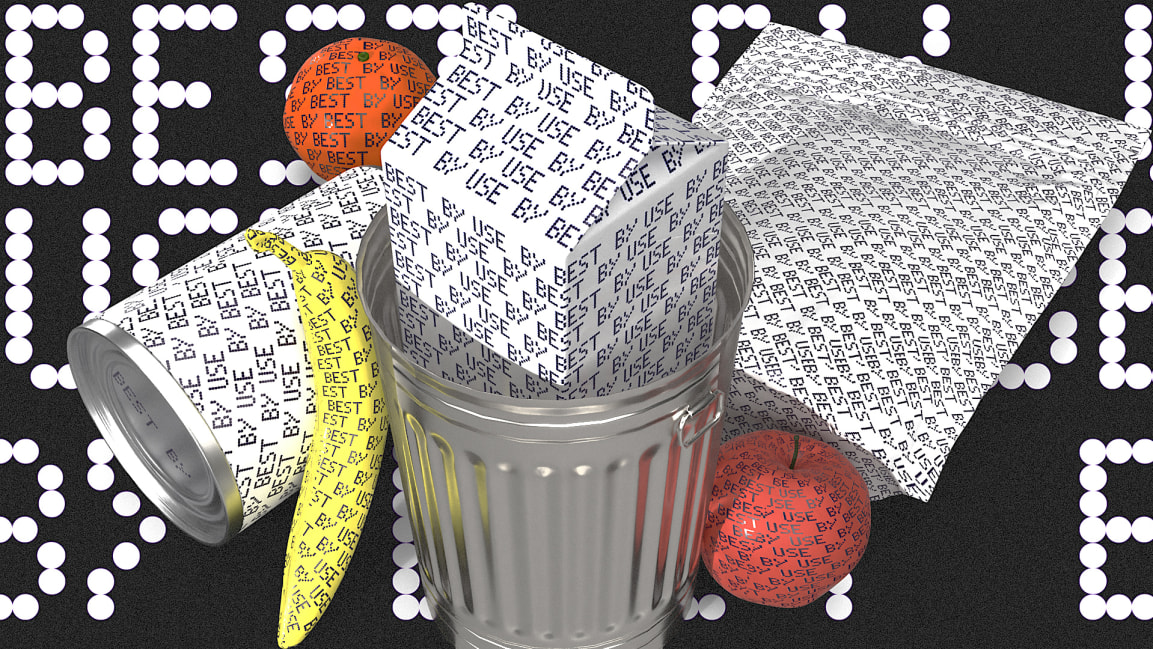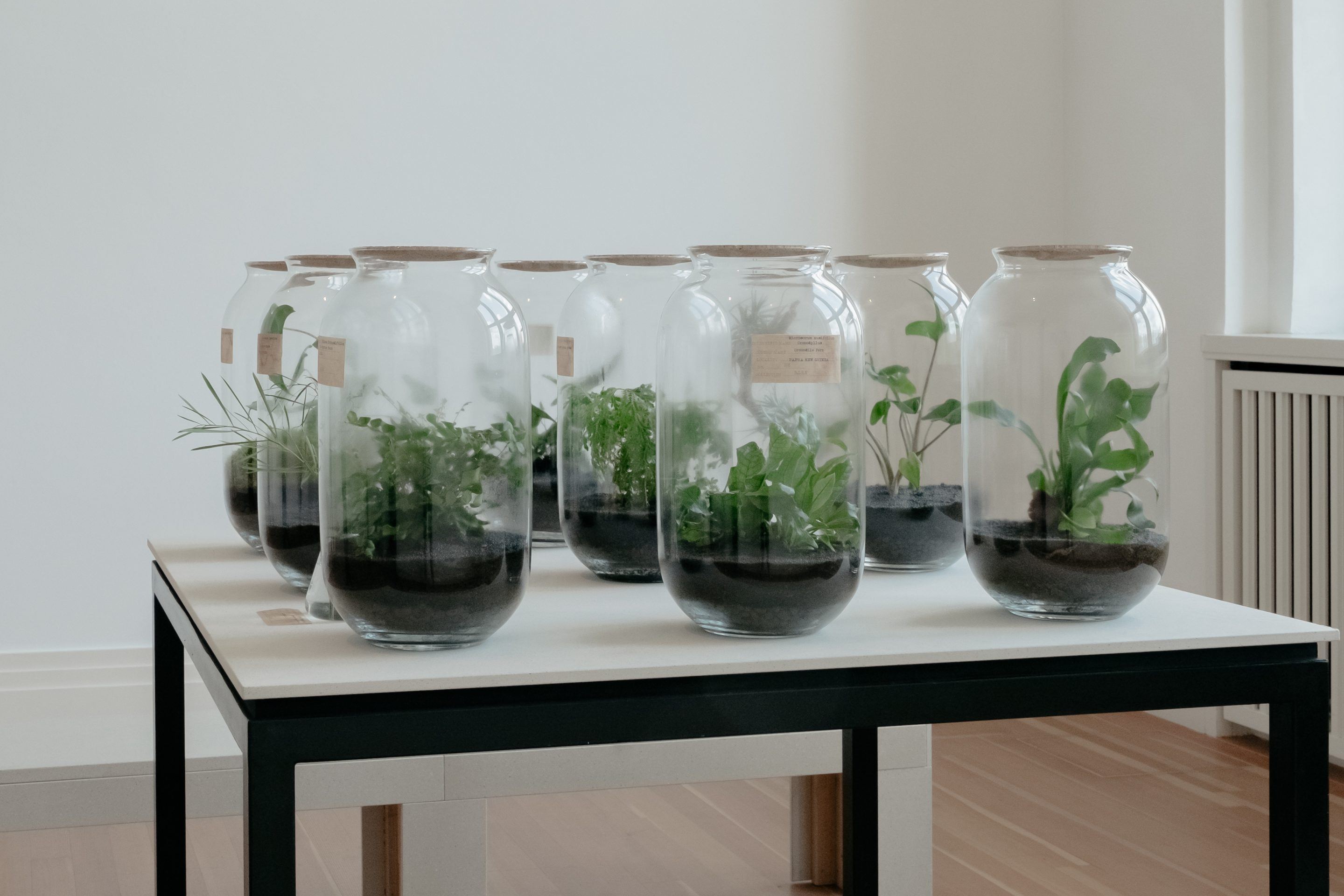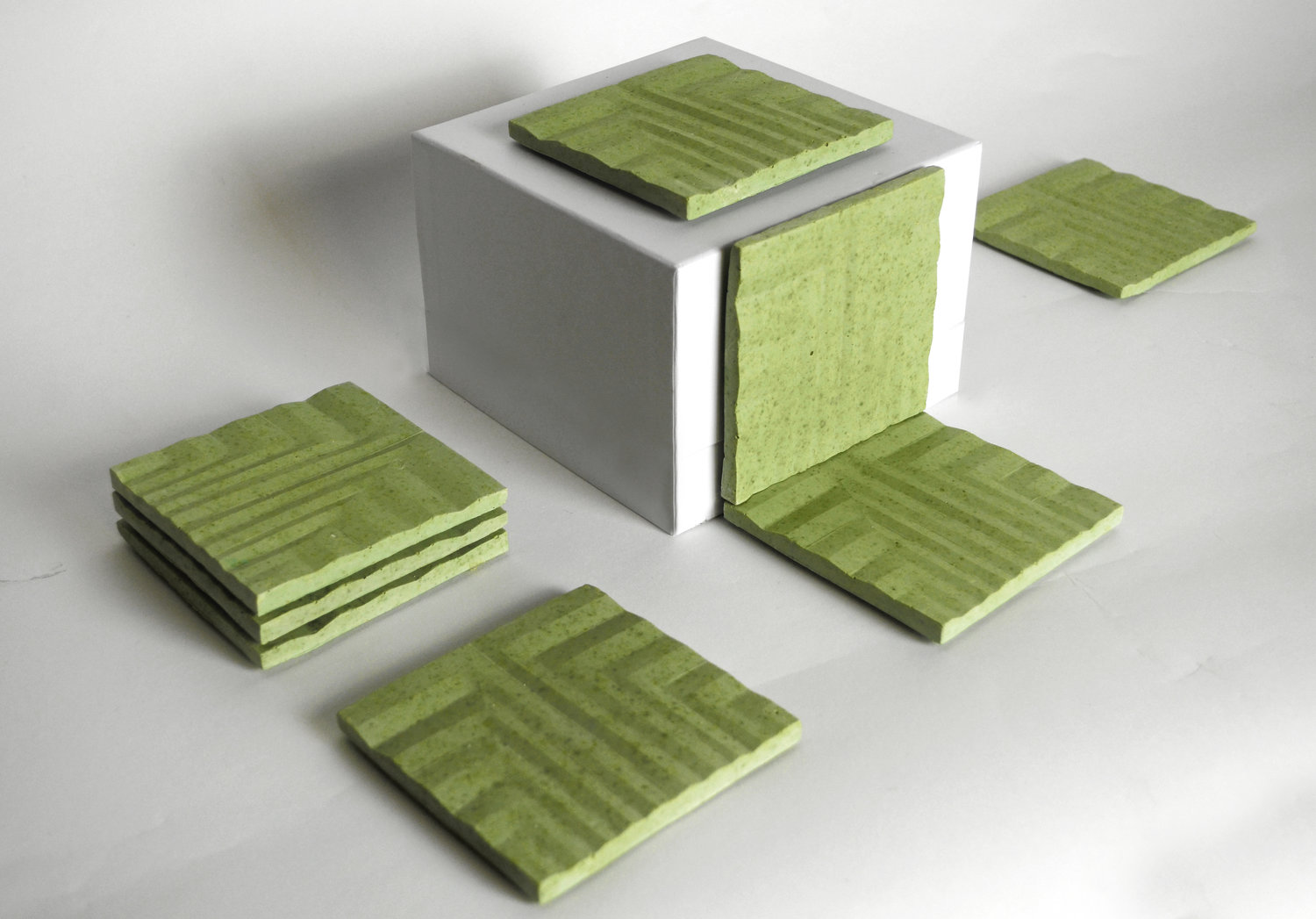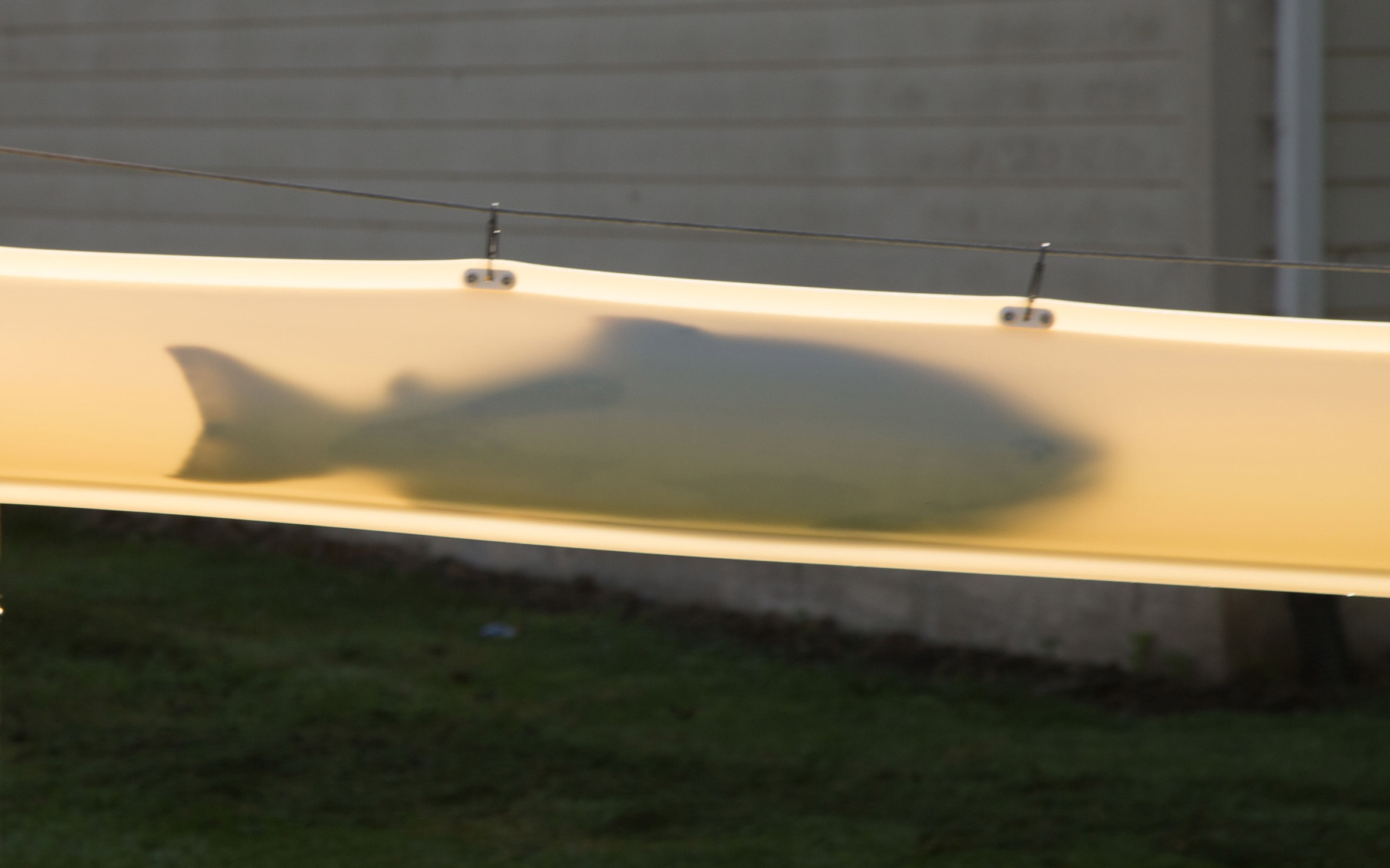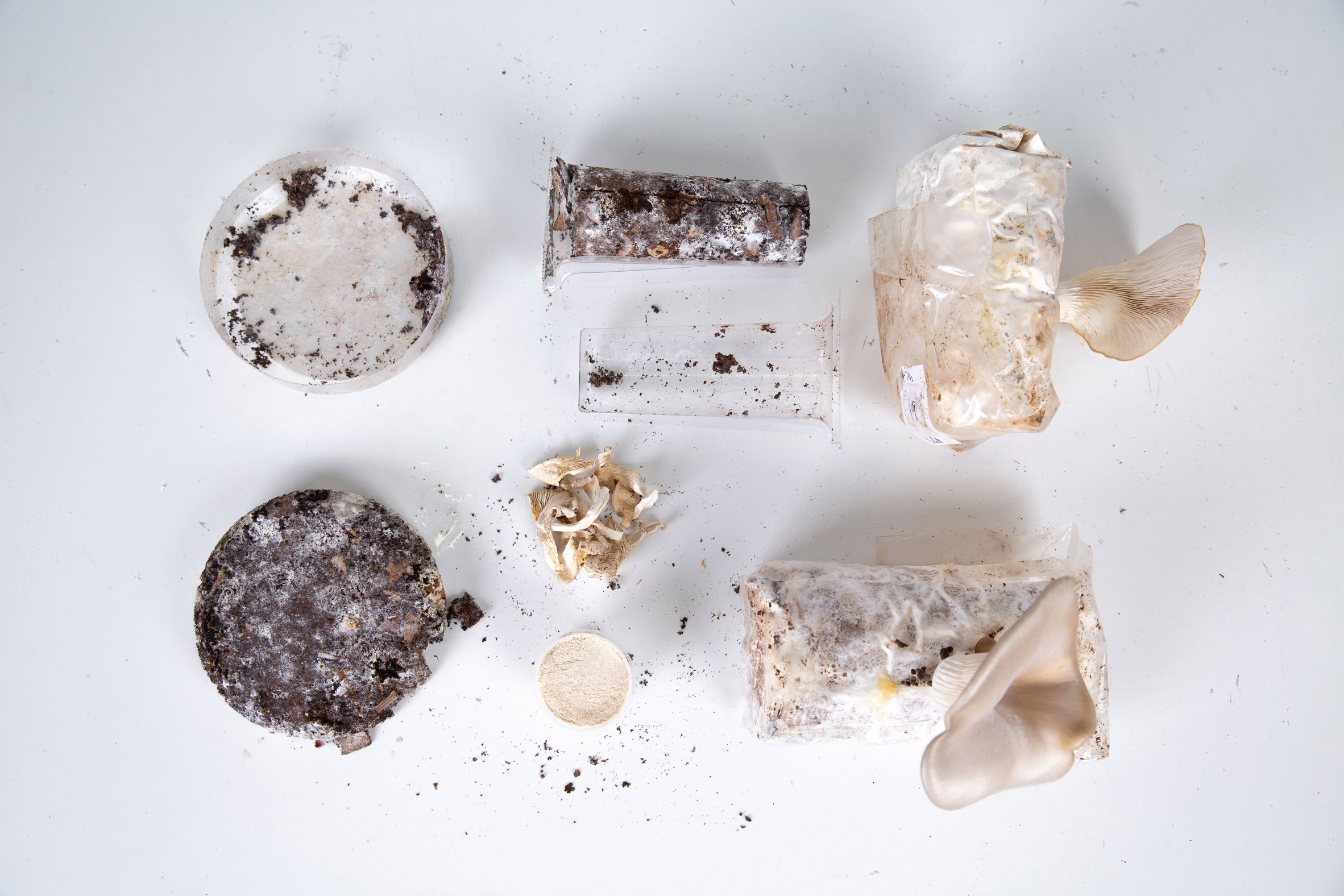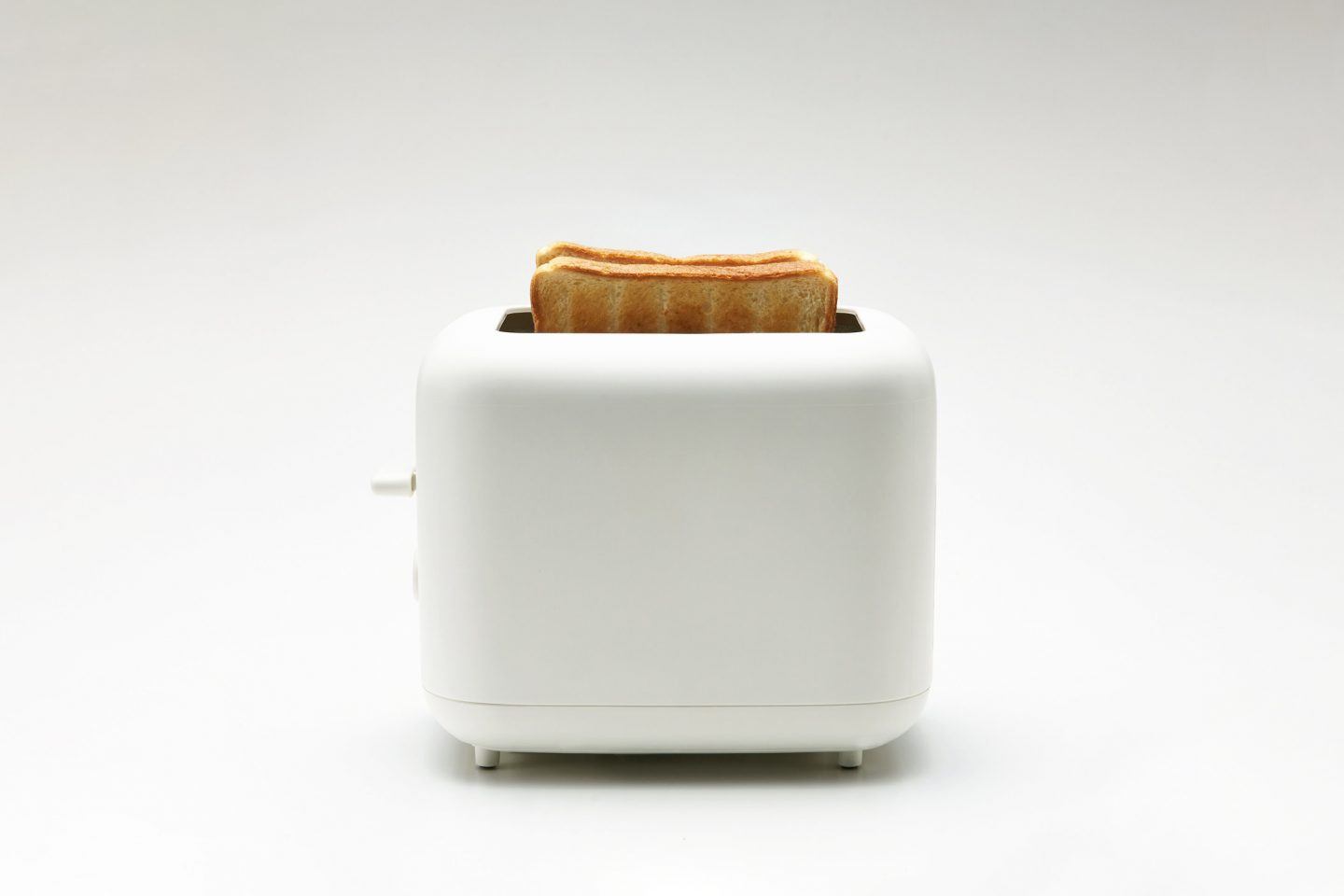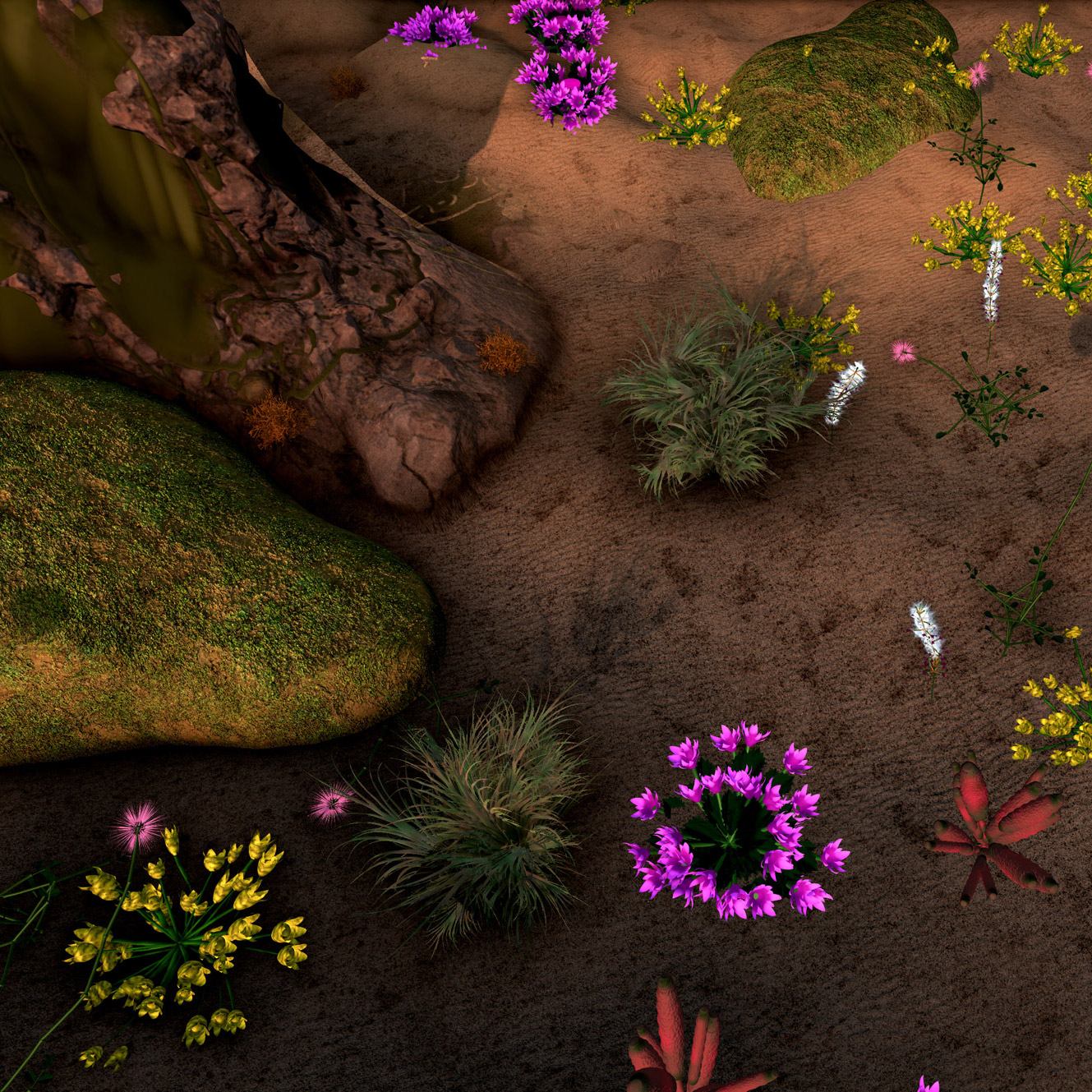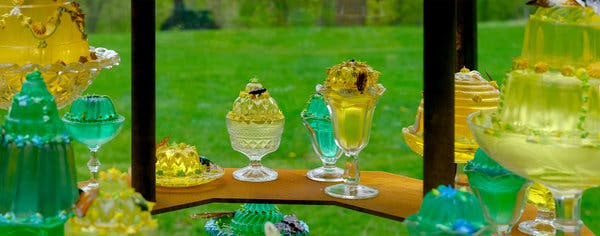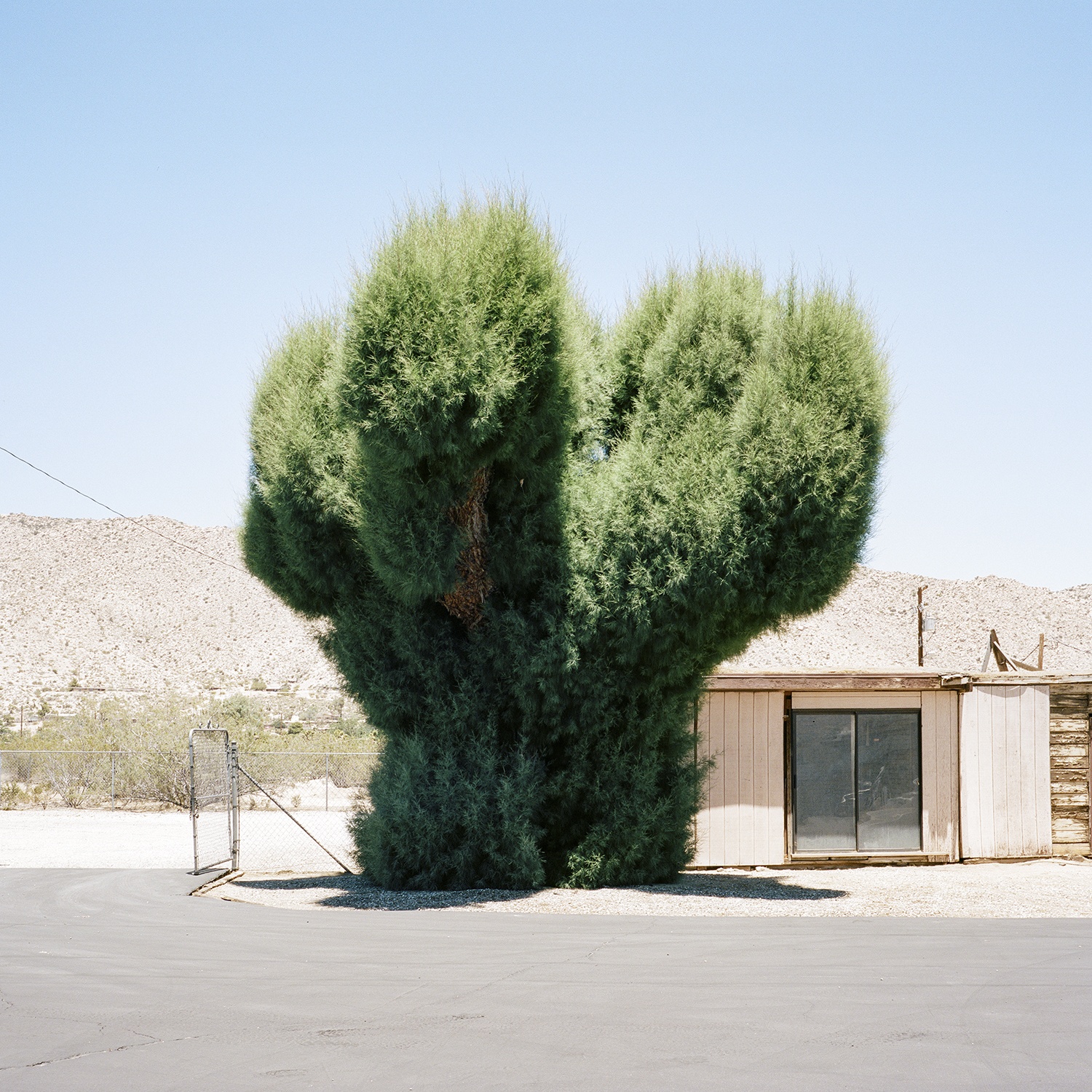Our weekly serving of off-the-menu items – a few popular favorites from the week, as well as a few morsels that may have slipped your notice.
Quantifying food waste in terms of money lost, the Boston Consulting Group estimates that by 2030 the world will waste $1.3 trillion worth of food each year. BCG’s report indicates that there are clear monetary benefits to avoiding food waste, pointing out that roughly $700 billion dollars could be saved, with these savings being distributed throughout the food supply chain, if more conservative food usage practices were put in place. For a look into ways that designers are turning food waste into a resource for the future, check out Waste, the third issue of MOLD Magazine.
 Image courtesy of Bompas & Parr.
Image courtesy of Bompas & Parr.
The Popsicle That Doesn’t Melt
Okay so it does eventually melt, but food design studio Bompas & Parr’s new popsicle creation can last up to an hour in 74°F without falling apart. The design inspiration stems from Pykrete, a super strong ice developed during World War II. Like Pykrete, the popsicle draws strength from plant fibers (in this case fruit fibers) to hold its shape for an extended period of time.
 Crops that may be important to some cultures—like callaloo, also known as amaranth—are often difficult to find in the US.
Crops that may be important to some cultures—like callaloo, also known as amaranth—are often difficult to find in the US.
Preserving Cultural Heritage through Crops
Seed vendor Truelove Seeds seeks to maintain seed independence, while also connecting farmers to their cultural roots. Most commercial seed production is controlled by large scale agribusinesses, limiting the variety of seeds available. Furthermore, commercial seed providers are unconcerned with more culturally-specific crops, like the leafy green callaloo commonly eaten in the Caribbean. Truelove asks farmers which seeds matter the most to them, and uses their catalog to provide easy access to hard-to-find vegetable, herb, and flower seeds.
On the waters of the Nieuwe Maas in Rotterdam lies the foundation for the world’s first floating dairy farm. Complete with a rooftop “cow garden” where the animals can relax under trees, the structure prioritizes the animals’ comfort. After construction, the 1,200 square foot space will be home to 40 Meuse Rhine Issel cows, whose milk will be sold locally.
 Ron Freeman’s healthier version of ramen uses lower sodium than the traditional ramen packets.
Ron Freeman’s healthier version of ramen uses lower sodium than the traditional ramen packets.
Redesigning Ramen for Prison Commissaries
After spending his time in prison surviving off packets of ramen, one of the only seemingly edible items regularly available, Ron Freeman realized that the popular microwavable meal was likely connected to the high blood pressure, diabetes, and heart disease that are all common among inmates. Freeman’s ramen replacement is both low-sodium, and comes in interesting flavors different from the classic ramen, like gumbo and chicken fajita.

